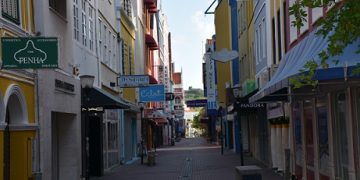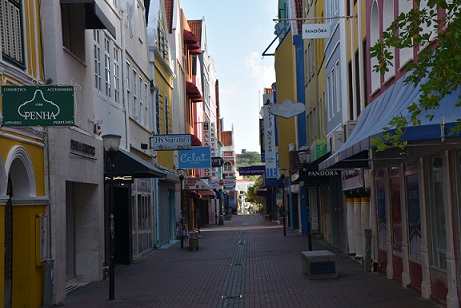THE HAGUE – In order to absorb the effects of the corona crisis on the island economies, an economic support and recovery program will have to be drawn up in consultation with the Netherlands and the World Bank, if it is up to the Dutch National Institute for Public Health and the Environment (RIVM).
“This is also important because the economic damage can have direct or indirect negative effects on public health,” writes Prof. Jaap van Dissel, director of RIVM’s Center for Infectious Disease Control, in a letter to the four Ministries of Health of the countries of the Kingdom: Curaçao, Aruba, Sint Maarten and the Netherlands.
Opening the borders to tourism, as it was prior to the epidemic, is now “not a real option,” says Van Dissel, as it may lead to a politically and socially unacceptable but also a real risk to the local population.
“Given the substantial loss of income, there is a real risk that the economy will sustain serious damage over the long term,” RIVM said in a letter dated April 24.
Measures to allow tourism on the islands again and to prevent the import of new case histories at the same time seem difficult to implement, says Van Dissel. “In order to survive economically, the tourist industry will have to be restarted sooner or later. However, the world post-Covid-19 will no longer be the same as before.”
“If no structural measures are taken, the burden that tourists could impose on this limited care capacity, also in view of the long treatment path, could be too high to keep sufficient capacity available for the local care need.”
According to Van Dissel, who says about Curaçao that the infection – ‘thanks to very strict measures’ – remained limited, there seems to be no adequate measures for the short term to deal with visitors from main markets, which are currently having serious problems with the coronavirus, without drastic changes in working methods within this industry.


















